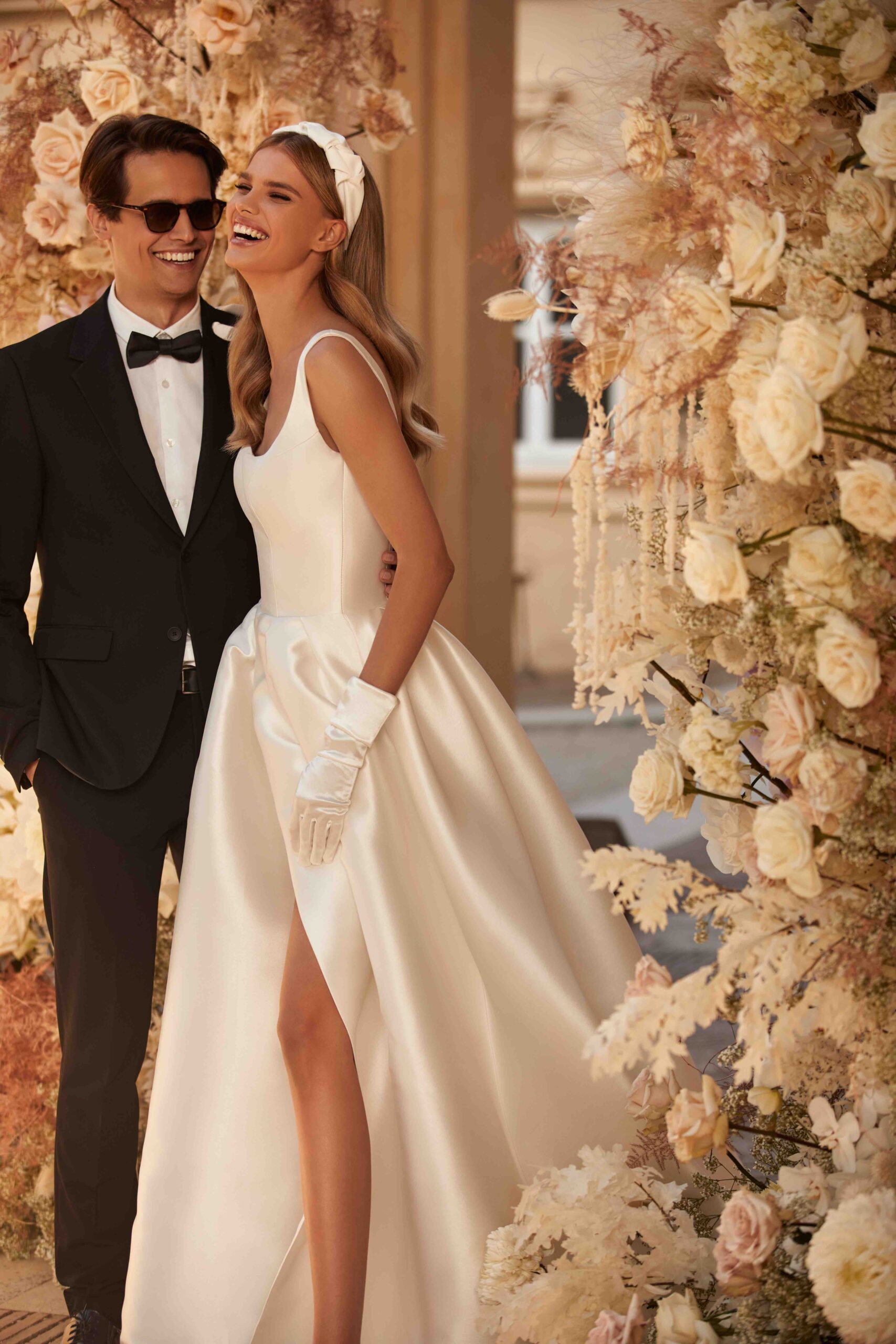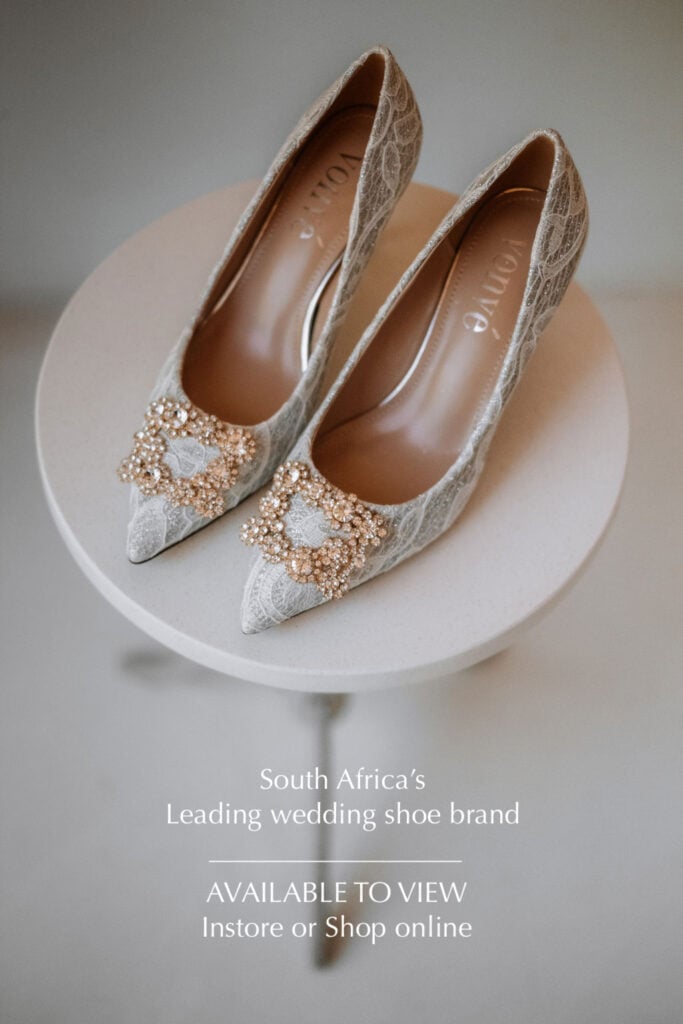In South Africa, traditional wedding customs and financial arrangements can vary widely among different cultures and families. However, there are some general guidelines regarding who traditionally pays for what at a wedding in South Africa. Keep in mind that these traditions are not set in stone, and many couples today opt for more flexible arrangements that suit their preferences and financial situations. Here is a general overview of who traditionally pays for what at a South African wedding:
- Bride’s Family:
Dowry or Lobola: In some cultures, the bride’s family traditionally pays a dowry or lobola to the groom’s family as a sign of respect and as a gesture of welcoming the groom into the bride’s family.
- Groom’s Family:
Wedding Reception: The groom’s family is typically responsible for covering the costs of the wedding reception, including the venue, catering, and decor.
- Bride and Groom:
Bride’s Attire: The bride typically pays for her wedding dress, accessories, and beauty treatments.
Groom’s Attire: The groom is responsible for his attire, including his suit or tuxedo, shoes, and accessories.
Wedding Rings: Both the bride and groom typically purchase each other’s wedding rings.
Wedding Bands: The couple is usually responsible for the cost of the wedding bands.
Wedding Licenses and Legal Documentation: The couple pays for the marriage license and any required legal documentation.
Wedding Photography and Videography: The couple may choose to pay for professional photography and videography services.
Transportation: The couple often covers the cost of transportation for themselves and their bridal party.
Bridal Party Gifts: The couple usually provides gifts for their bridesmaids, groomsmen, and other members of the bridal party.
- Bridal Party:
Bridesmaids and Groomsmen: Members of the bridal party are typically responsible for purchasing their own attire and accessories.
- Guests:
Wedding Gifts: Guests give wedding gifts to the couple to celebrate their union.
It’s important to note that these traditional roles and financial responsibilities may not apply to every South African wedding. Modern weddings often involve a more flexible approach, with the couple and both families contributing to various aspects of the wedding based on their preferences and financial capabilities. Couples are encouraged to have open and respectful discussions with their families and consider their own financial situation when planning their wedding budget. Ultimately, the key is to create a wedding that reflects the couple’s values and desires while respecting cultural and family traditions

